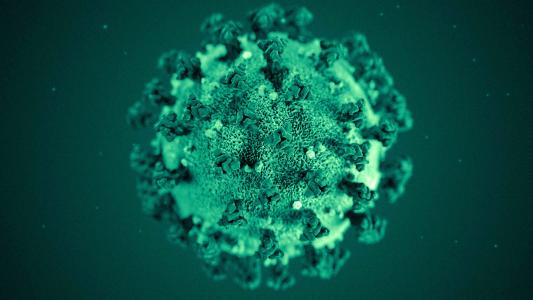The Chinese government believes the flu drug favipiravir shows promise as a new coronavirus treatment, according to Japanese broadcaster NHK.
The nation reached that conclusion after testing the efficacy of the antiviral drug (brand name Avigan) in two clinical trials involving a total of 320 people with coronavirus.
“It has a high degree of safety and is clearly effective in treatment,” Zhang Xinmin, an official at China’s Science and Technology Ministry, told reporters on March 17.
Potential New Coronavirus Treatment
According to NHK’s report, Chinese officials gave favipiravir to 240 coronavirus patients in Wuhan and 80 in Shenzhen.
Those patients tested negative for the coronavirus after a median of four days, while patients who went untreated took 11 days to test negative.
The lung condition of 91% of the patients who received the new coronavirus treatment improved as well, while it improved in only 62% of patients who didn’t receive favipiravir.
The flu drug might be able to serve as one part of the outbreak response effort.
Japan’s Fujifilm Toyama Chemical developed favipiravir in 2014, and Japan has conducted its own trials of the drug as a new coronavirus treatment.
However, it’s not reporting the same promising results as China.
“We’ve given Avigan to 70 to 80 people, but it doesn’t seem to work that well when the virus has already multiplied,” a Japanese health ministry source told The Mainichi.
Ongoing trials, including one at Japan’s Fujita Health University, could help clear up some of the uncertainty.
That trial is currently looking to enroll 86 coronavirus patients, according to the Financial Times, with the goal of seeing whether favipiravir can slow the coronavirus in people with mild or no symptoms
Favipiravir and the FDA
Even if favipiravir does prove to be effective in trials, however, doctors will likely want to be careful about who receives the potential new coronavirus treatment.
When Fujifilm was developing the drug for use as a flu medication, it discovered that one of the side effects was a potential to cause birth defects if given to pregnant women.
The U.S. Food and Drug Administration never approved favipiravir, even as a flu treatment. But President Donald Trump has urged the agency to fast-track testing on any potential new coronavirus treatment.
That means it’s possible the U.S. could conduct its own clinical trials of the drug.
If that’s the case and the U.S. sees promising results, the flu drug might be able to serve as one part of the outbreak response effort — a coronavirus treatment that helps non-pregnant people with mild symptoms recover from the virus sooner than they may have otherwise.






